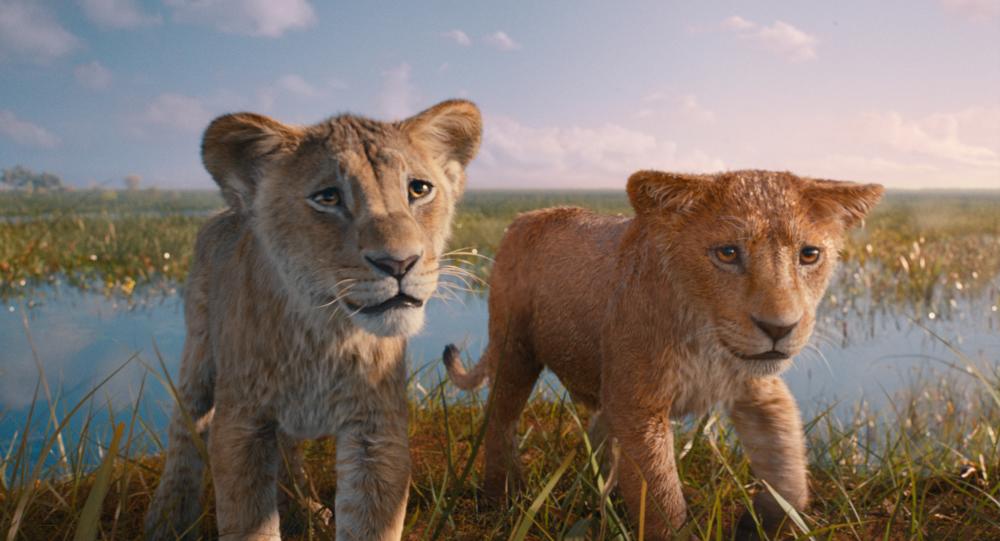DIRECTED by Barry Jenkins, Mufasa: The Lion King dives deep into the story of how a lonely orphan lion cub rose to become one of the greatest kings of the Pride Lands. But this is not just Mufasa’s story.
Told through flashbacks by Rafiki to Kiara, Simba and Nala’s daughter, the film also gives weight to Scar’s tragic journey from Taka to the villain we all know. The result is a beautifully rendered yet melancholic film that leaves audiences reflecting on the thin line between destiny and choice.
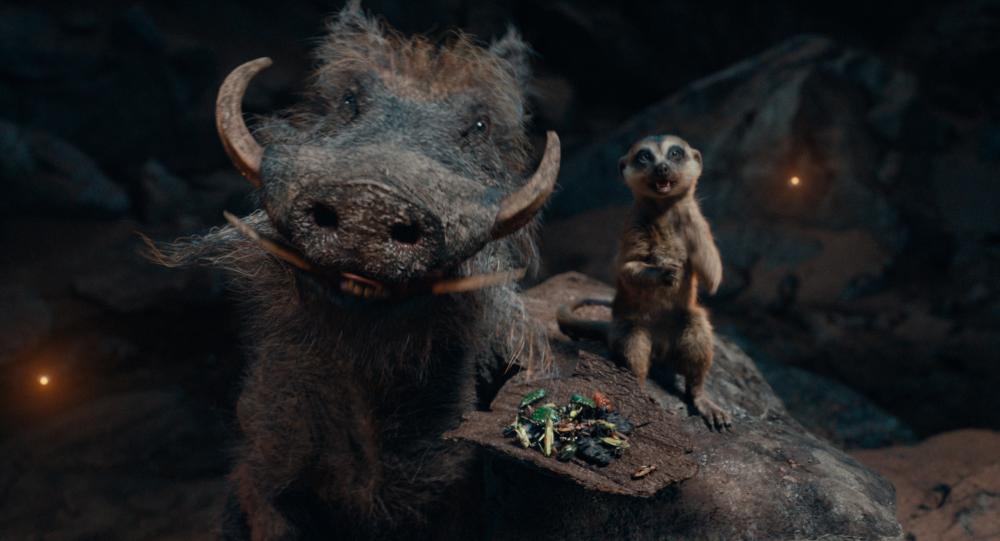
Realistic talking animals? Give it time
One of the film’s most striking features is its photorealistic animation. Blending live-action filmmaking techniques with computer-generated imagery, the visuals are breathtaking, capturing every blade of grass and every flick of a lion’s tail. However, watching animals emote and talk with such lifelike detail can initially feel uncanny.
Fortunately, the story’s depth and the characters’ heartfelt arcs quickly draw viewers in. The filmmakers use the visuals not just to wow audiences, but to immerse them in the Pride Lands. By the time the emotional beats hit, the realistic aesthetic no longer feels distracting, it feels essential.
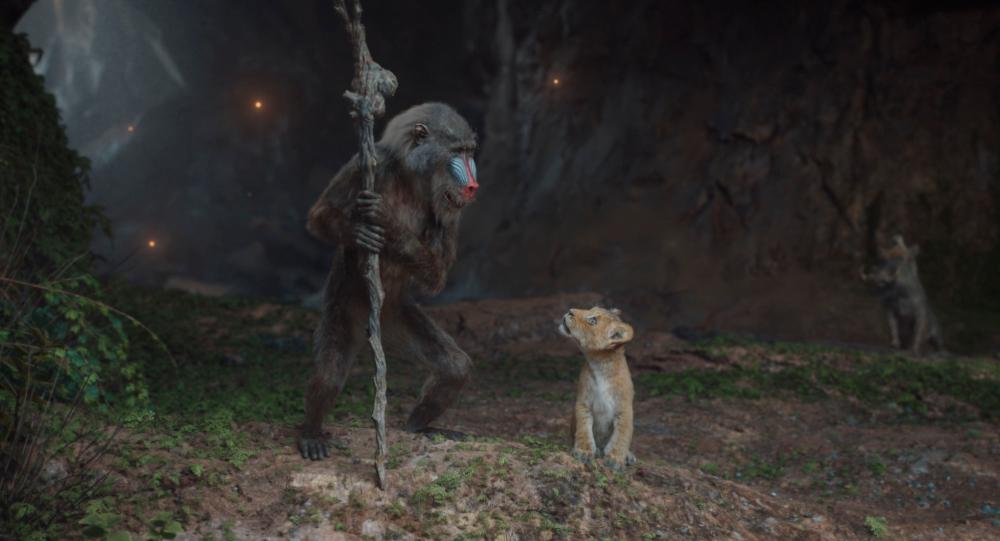
Brotherhood that was not meant to be
At the heart of the film is the relationship between Mufasa (Aaron Pierre) and Taka (Kelvin Harrison Jr). Their bond is layered with camaraderie, rivalry and eventual heartbreak. Taka’s transformation into Scar is subtly foreshadowed, making the inevitable shift all the more painful to watch. The film paints Taka as a lion with immense potential, whose downfall stems from circumstances, envy and unmet expectations.
Pierre’s portrayal of Mufasa is regal and commanding, offering glimpses of the leader he will become. Harrison Jr as Taka delivers a standout performance, showcasing a mix of vulnerability and ambition that makes his descent into villainy feel tragically inevitable.
The film’s exploration of Taka’s journey is its emotional core, making viewers question if Scar was always destined for darkness or if things could have been different.
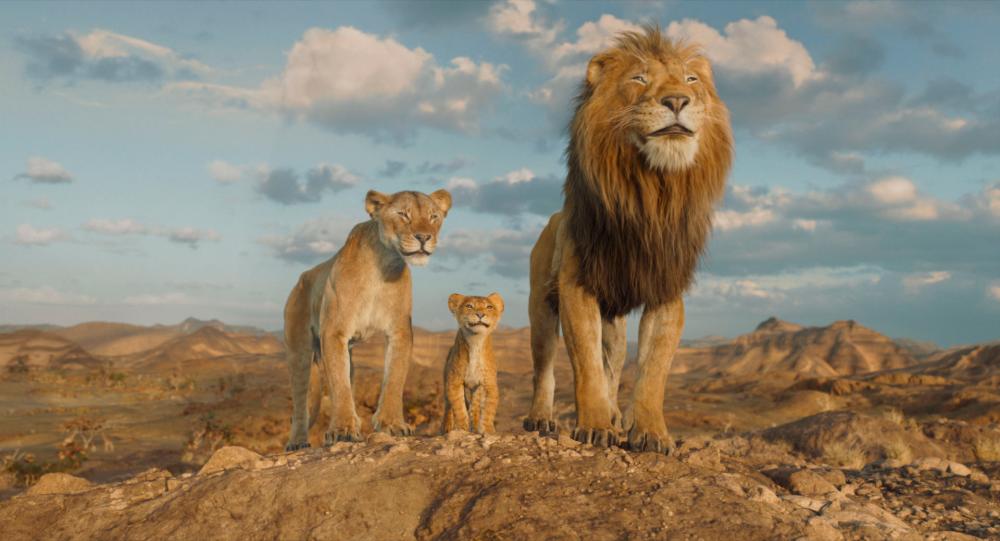
Music that roars and whimpers
The soundtrack, with original songs by Lin-Manuel Miranda and a score composed by Dave Metzger, is a mixed bag. Some songs, like Mufasa’s triumphant theme, soar with emotional resonance and capture the grandeur of the Pride Lands. Others, however, feel forgettable or out of place, lacking the lyrical magic expected from a Disney musical.
Lebo M’s contributions elevate certain moments, reminding audiences of the franchise’s roots in African musical traditions. However, there is an inconsistency in tone as some musical sequences feel grand and epic, while others feel like filler. It is a soundtrack that will have some listeners replaying select tracks while skipping others.
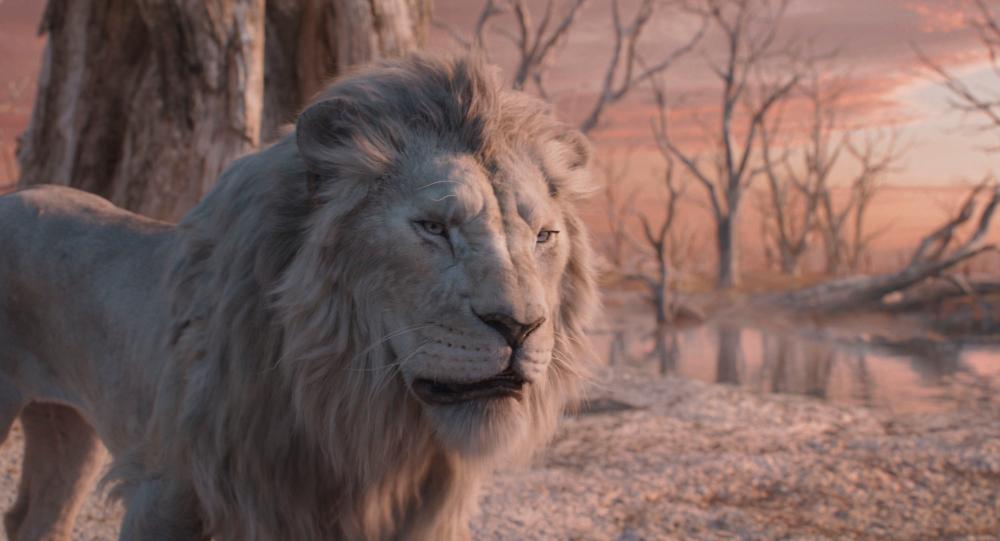
Misfits who add colour
The film introduces a colourful array of supporting characters, from the mysterious white lion Kiros (Mads Mikkelsen) to the young and scrappy Rafiki (Kagiso Lediga). Timon and Pumbaa (Billy Eichner and Seth Rogen) provide their signature humour, balancing out the heavier emotional beats.
Blue Ivy Carter as Kiara brings a youthful curiosity to the narrative and Beyoncé’s brief reprisal of Nala adds gravitas. However, it is John Kani’s Rafiki that ties the past and present together, serving as both narrator and sage.
Mufasa: The Lion King stands apart from its predecessors by being more introspective and character-driven. Jenkins imbues the story with the same emotional resonance he brought to his earlier films, making this more than just a family-friendly Disney tale, it is a meditation on leadership, legacy and the scars (both literal and metaphorical) that shape us.
However, the film is not without its flaws. Some pacing issues arise as the narrative juggles flashbacks and the present-day framing device. Additionally, while the story’s complexity is commendable, it may feel heavy for younger viewers expecting a lighter adventure.
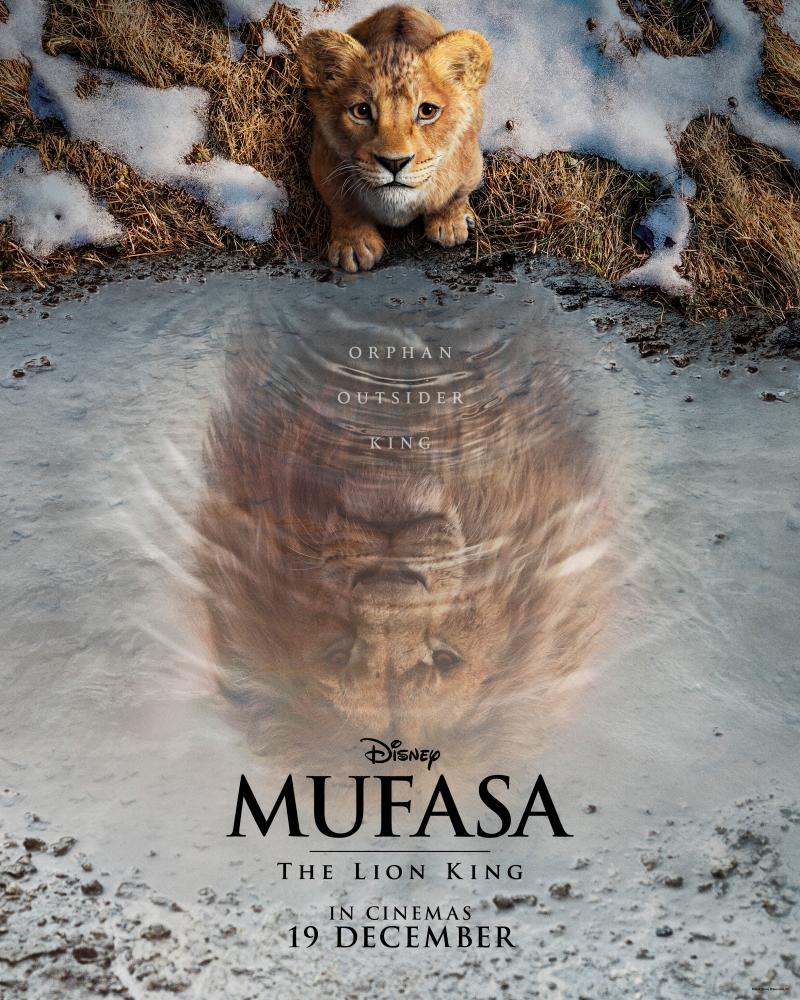
Ending that hits hard
The film’s conclusion, while satisfying for Mufasa’s arc, leaves a bittersweet taste when reflecting on Taka’s transformation into Scar. It is a reminder that even villains have stories worth telling and that the path to greatness is often paved with sacrifice and loss.
For longtime fans of The Lion King, the ending will spark discussions and theories, adding layers to the original 1994 classic. It is a brave choice to show the humanity (or lion-ity?) in Scar’s tragic fall while maintaining his menace.
Mufasa: The Lion King is best approached with an open heart and a willingness to embrace its sombre tones. The film is less about dazzling action and more about exploring the relationships and decisions that shape its iconic characters.
Yes, the realistic visuals might take a moment to get used to and not every song will resonate, but the story is rich enough to overcome these shortcomings. It is a film that respects its audience, offering both nostalgia and new depth to beloved characters.
Mufasa: The Lion King is a worthy addition to Disney’s lineup, blending breathtaking visuals with an emotionally charged narrative. While it may not have the sing-along magic of its predecessors, it offers something deeper, a poignant exploration of destiny, family and the choices that define us.
Come for the stunning animation and powerhouse voice cast, stay for the bittersweet story of two brothers whose paths diverge in heartbreaking ways. Mufasa: The Lion King may leave you feeling a little sad, but it is a story worth revisiting, one that enriches the legacy of the Pride Lands and its iconic characters.
DIRECTOR: Barry Jenkins
CAST: Aaron Pierre, Kelvin Harrison Jr., Mads Mikkelsen, Beyoncé Knowles-Carter
E-VALUE: 7/10
PLOT: 7/10
ACTING: 7/10



